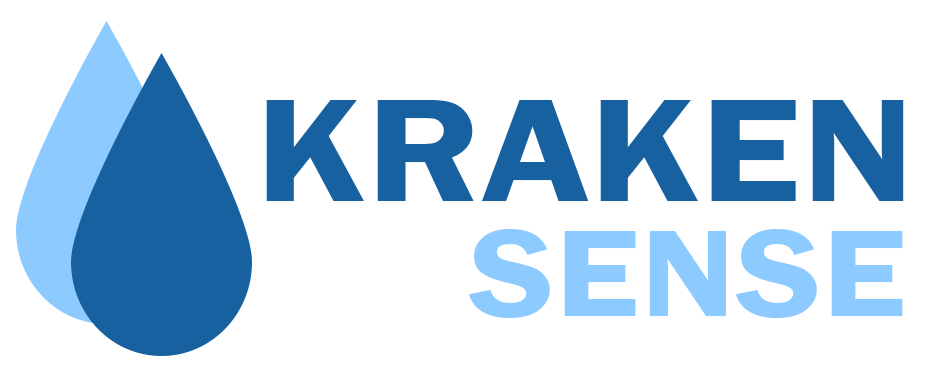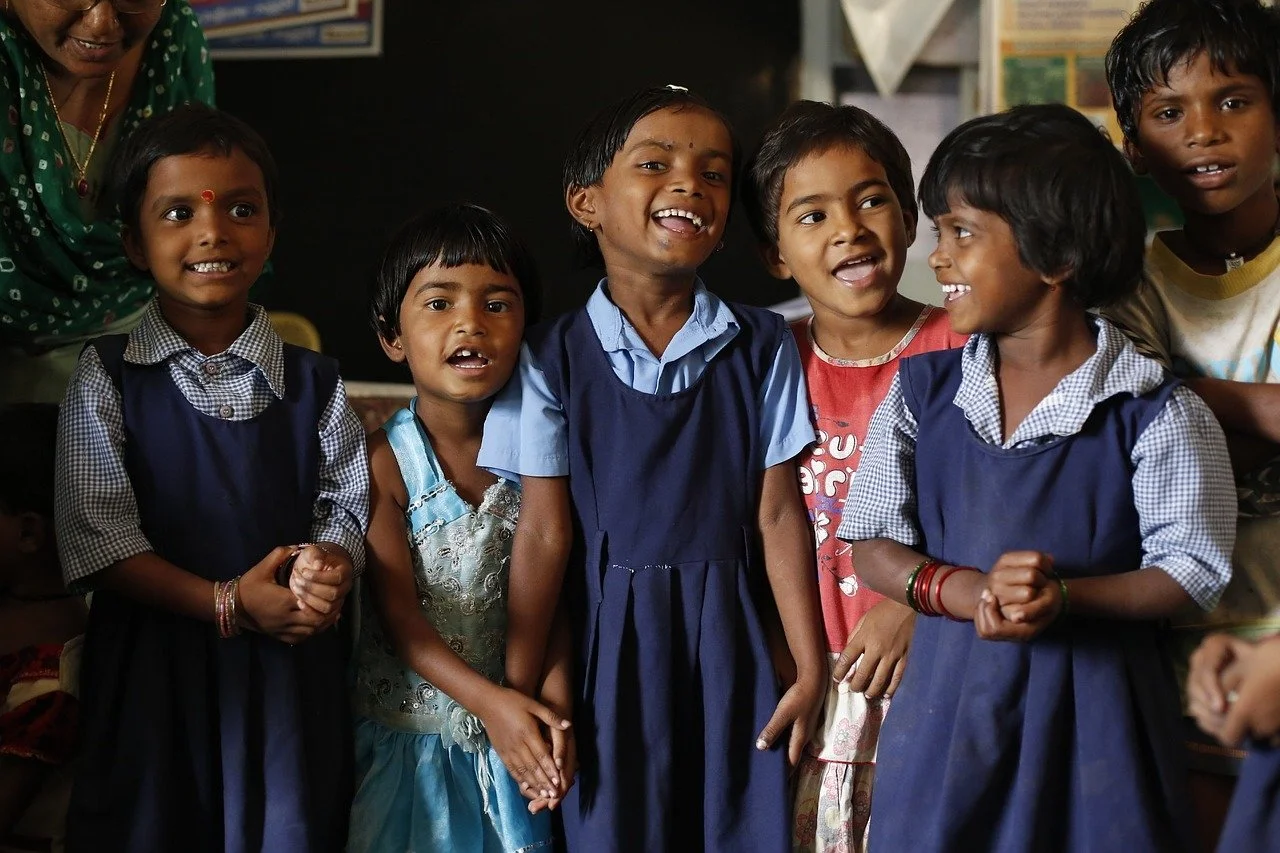Water Scarcity Affects Education - International Education Day
Education is a way out of poverty. It provides those who seek education the necessary skills to be competent enough to seek and get better jobs which translates to better income. However, finding the motivation to get educated is difficult, especially when hindrances such as the lack of basic needs arise. With that said, basic needs such as access to water are essential for education. Yet half of the world’s population don’t have access to clean water.
Safe Water and Sanitation = Health = Better Attendance
When a person doesn’t have access to safe water they are more prone to diseases. Aside from that, if they don’t have access to water for proper sanitation, they are also more vulnerable to it as well. When a person is always sick or has poor health, their performance in all aspects of their lives is greatly affected. Academics aren’t excluded, in fact, poor health is a great hindrance to a person’s academic success. Students would find it difficult to concentrate and perform their academic duties when they are distracted by their ill feelings. They are also most likely to miss class which hampers the learning process.
It’s not only students that are affected by the lack of safe water and sanitation. Even the teachers themselves can succumb to sickness and poor health. This situation is even more problematic as the class would be cancelled for all students.
Easy Access to Water = More time for Learning
When water isn’t available at home, children are oftentimes given the task to collect water. All around the world, children spend a combined total of 200 million hours each day collecting water. That is a huge chunk of time which could have been spent on school work. Water collection takes up so much time that children may miss a class or come late because of it. Due to this, the student misses key learning opportunities and opportunities for socialization with their classroom peers. Later on, this affects their academic performance and if nothing is done to correct this, this could affect their future careers.
In certain cases, students would stop prioritizing education and focus on their basic need for water instead. This would trap them in a vicious cycle of poverty. If they remain uneducated, they’ll have a hard time improving their income. With low income, they’ll have a hard time improving their current situation later on.
Lack of Access to Water is a Gender Equality Issue
Women are oftentimes given the task of finding and collecting water. This takes away a significant amount of their time; time which could have been spent earning, taking care of the family, or getting educated.
Another gender equality issue related to the lack of water has to do with the fact that menstruating girls are more likely to skip class when they have their menstruation. Without access to water, menstruating girls may have troubles observing the hygienic procedures that are expected of them. Due to this, they would rather choose to stay home where water may be relatively more available than going to school.
Investing in Water = Investing in Children’s Education = Investing for the future
So we’ve already established that ensuring access to safe water would encourage children to get educated. Since the children of today would be tomorrow’s workforce, encouraging them to go to school is essentially investing for our economic future. When a huge chunk of the population is educated, a lot of people can handle various jobs of various complexities. In contrast, when only a small fraction of the population is educated, most of the people would have to occupy low complexity jobs which most of the time have low pay. Having more citizens with competitive pay would lead to greater consumer spending which benefits other businesses that rely on consumer spending. With a lot of consumers spending a lot on the products or services of the businesses; money is circulated within the marketplace which in turn keeps the economy up.
Education can help with the Water Crisis
To address issues with regards to the sustainability of our water resource, everyone must be given sufficient knowledge in terms of proper water use and management. However, before this so-called “water literacy” can be realized, everyone should have a strong basic education.
When people are properly educated about the negative effects of using water that is unfit for consumption, they would be more motivated to try and seek out ways to improve their current water situation. UNICEF documented this in 2013, they observed that the incidence rate of diarrhea decreased after they conducted their campaign on educating people about unsafe water. In 2011, a group of researchers noted that at a certain level of education, people would handle water effectively compared to those who aren’t well educated. Several other research has also shown that water literacy, or being educated with the proper use and handling of water, is effective at lowering the number of cases of water-borne diseases.
Sources:
https://thewaterproject.org/why-water/education
https://water.org/our-impact/water-crisis/childrens-and-education-crisis/
https://collections.unu.edu/eserv/UNU:1824/Post2015_UNUIAS_PolicyBrief2.pdf
https://www.concernusa.org/story/how-education-affects-poverty/


